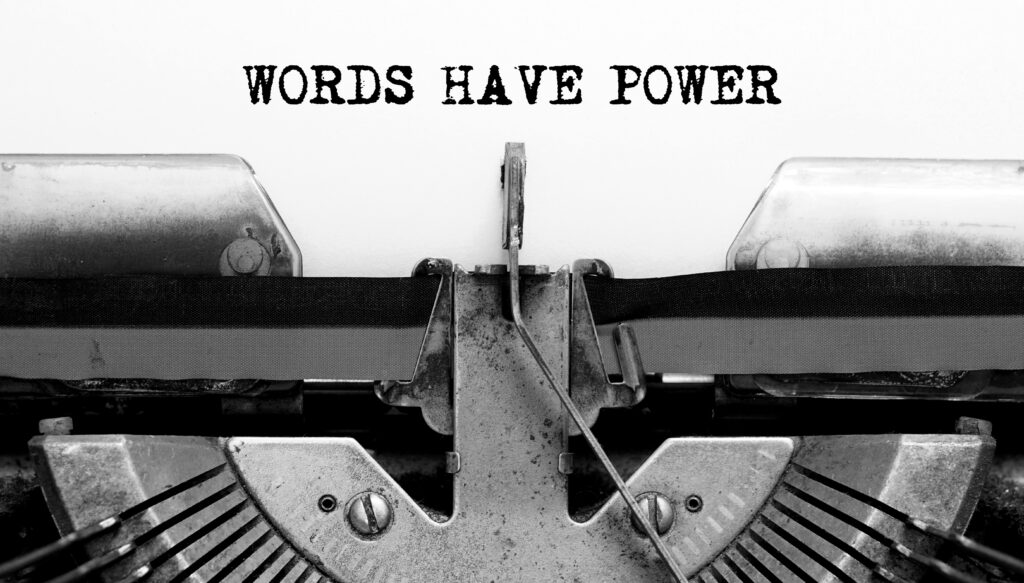
“Language is our portal to meaning-making, connection, healing, learning, and self-awareness. Having access to the right words can open up entire universes.” -Brene Brown
Women who are or have been in prison represent one of the most underrepresented and stigmatized cultural groups in our society, subject to a set of beliefs and values that create assumptions to which they are vulnerable. For both them and all people who have lived this experience, severe stigmas and perpetual collateral consequences follow them during and after incarceration, including economic and societal sanctions when it comes to assistance and work opportunities.
We know that labeling language has an impact on how we see and treat ourselves and others. Arise Collective is part of a movement toward promoting person-centered language. Instead of labels such as “inmate,” “offender,” “convict,” “felon,” etc., person-centered language emphasizes using language that acknowledges the individual’s humanity first, rather than their conviction history or legal status. It is a vital first step toward breaking down barriers that limit people’s potential and possibilities.
Examples of person-centered language in the criminal justice context include:
- Incarcerated person/woman/man
- Formerly incarcerated person/woman/man
- Justice-involved person/woman/man
- Legally-involved person/woman/man
Labeling language is normalized in our culture. It is not an easy process to think, speak, and act differently. No one gets it right all of the time. Proximity, education, and practice plant the seeds for empathy, compassion, and change in ourselves and others.
Arise Collective has used and included person-centered language in our work and trainings since 2016. We invite everyone in our community to join us on this journey.
Thank you.
